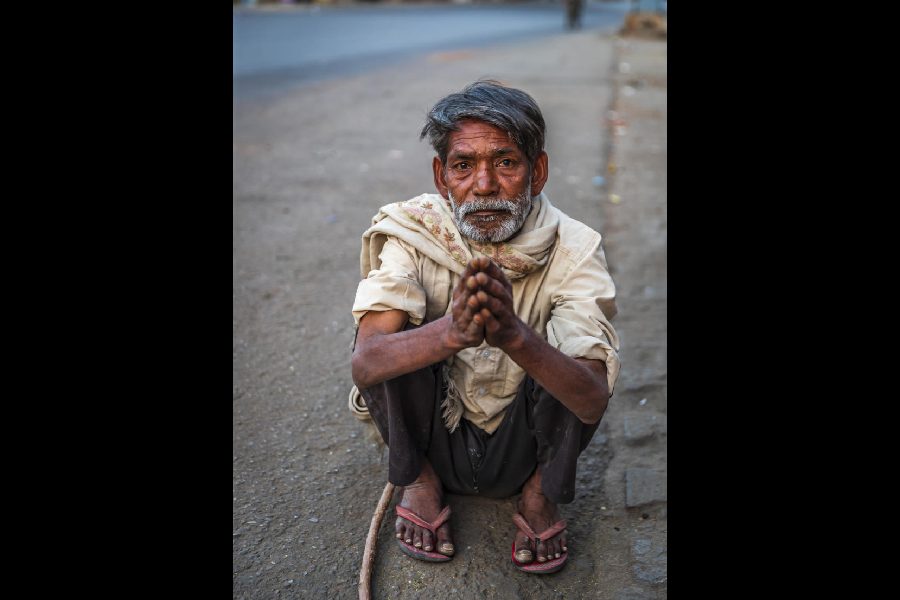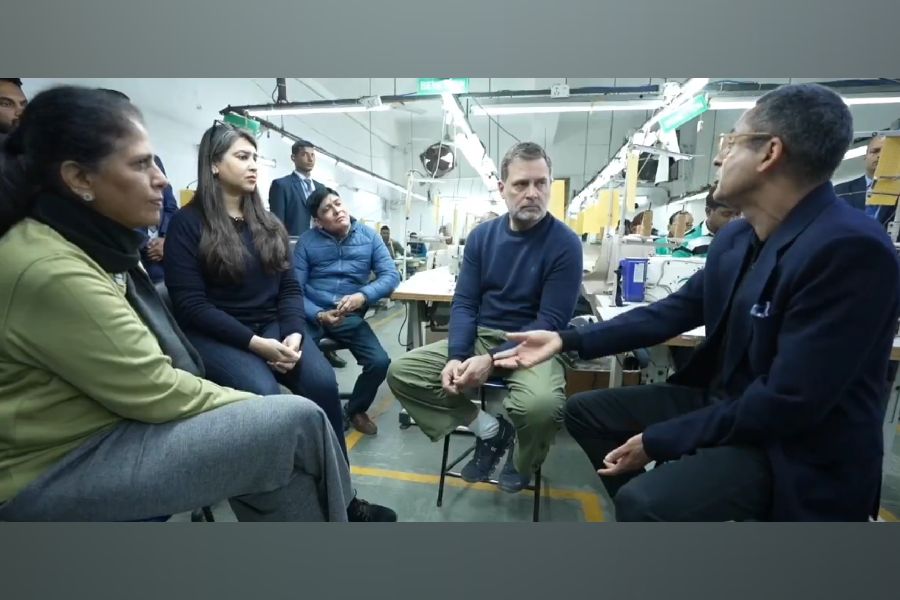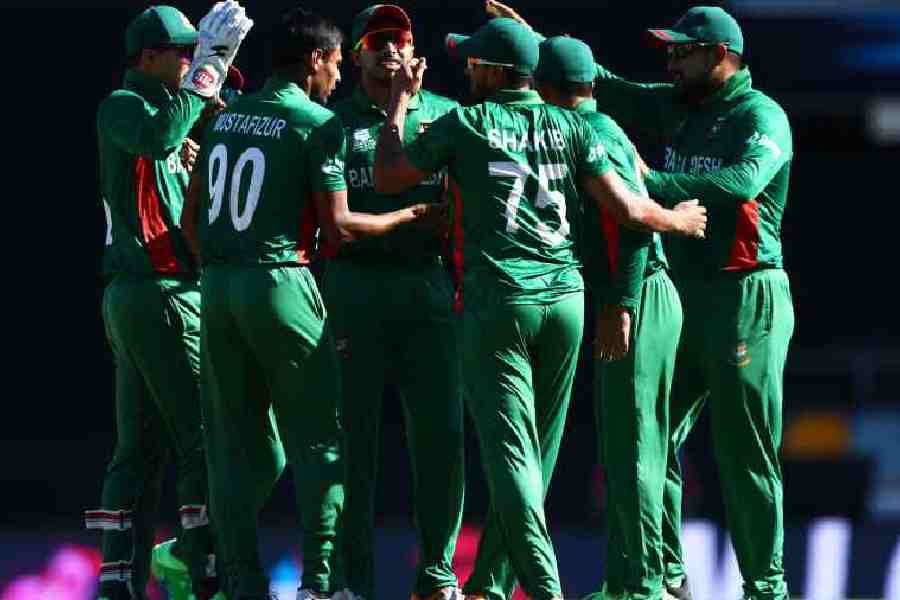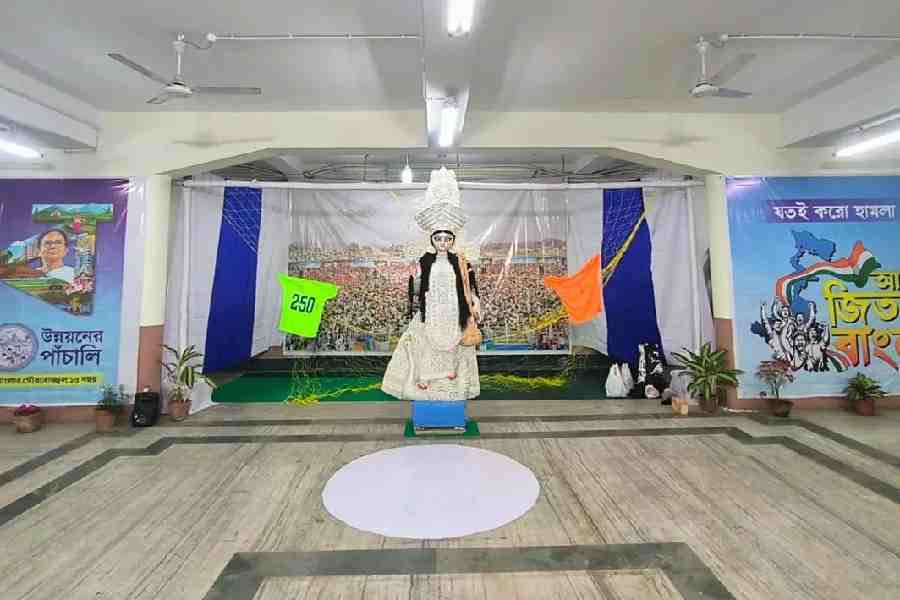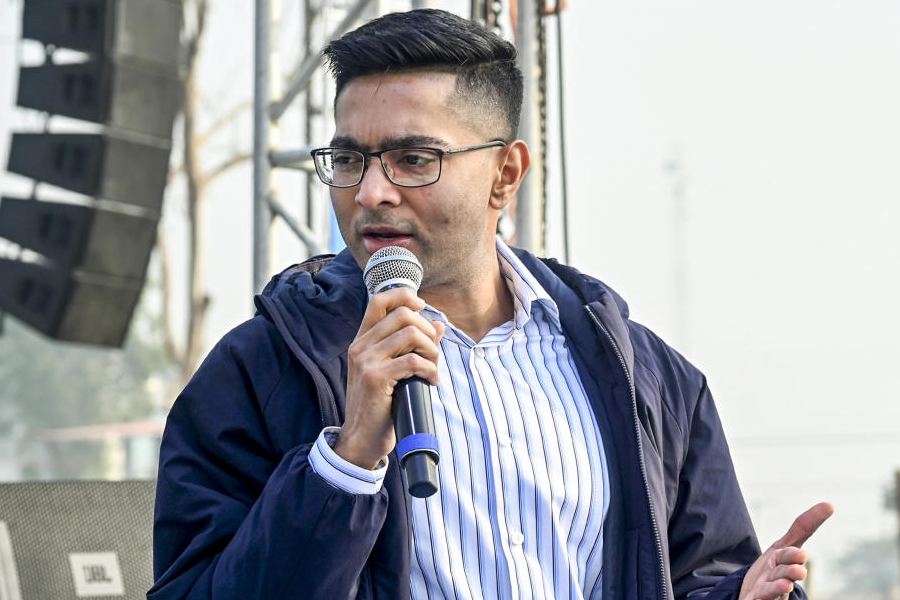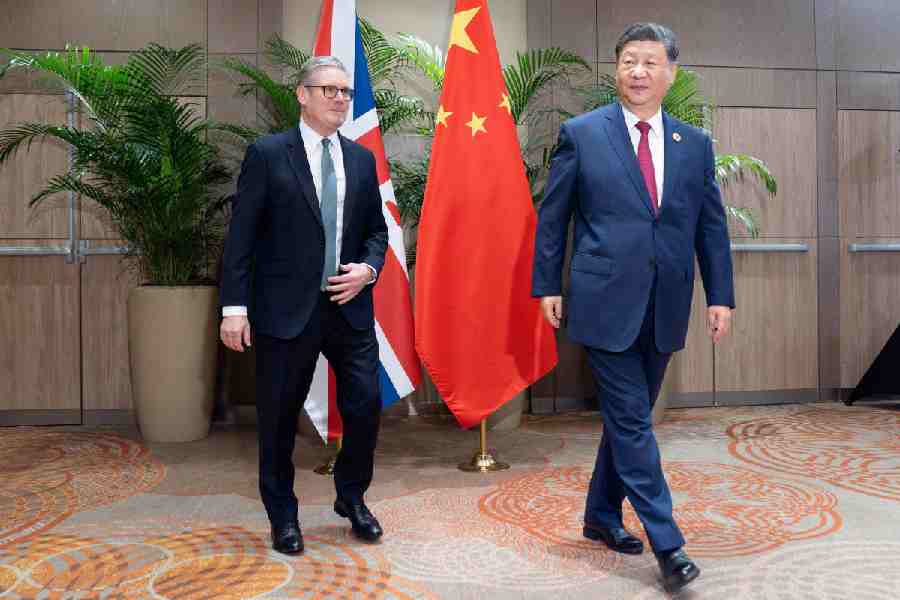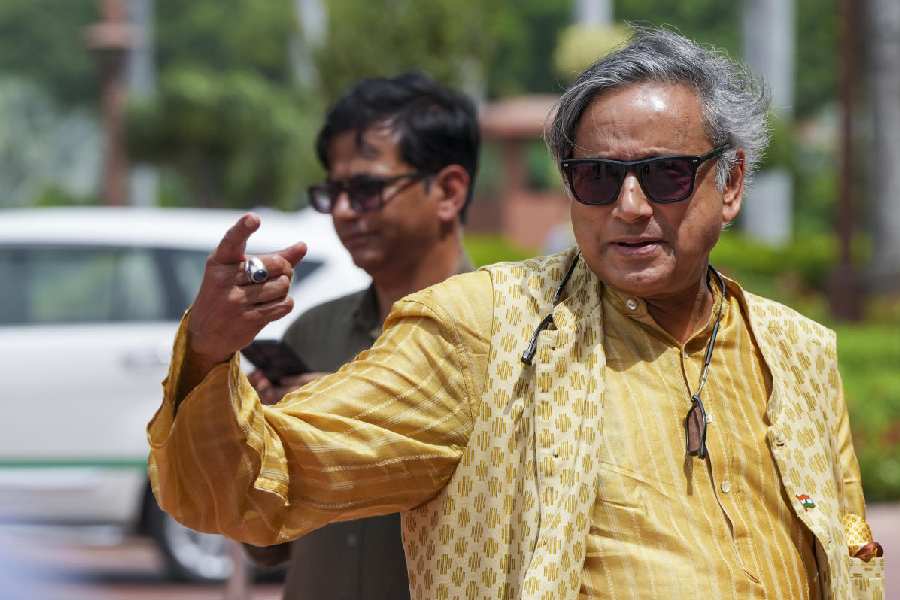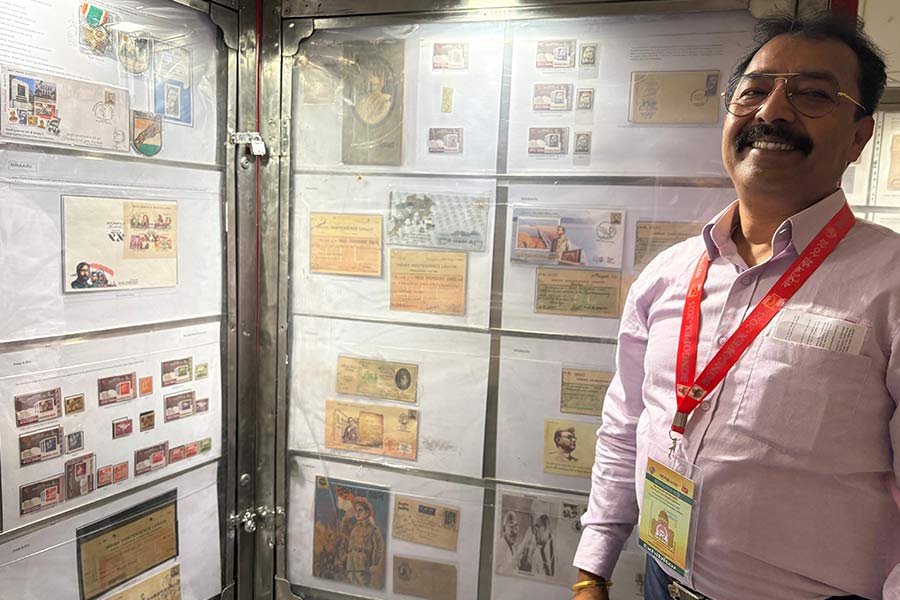Book: WHY THE POOR DON’T KILL US: THE PSYCHOLOGY OF INDIANS
Author: Manu Joseph
Published by: Aleph
Price: Rs 599
This provocatively titled book is a searing criticism of the world of the privileged in India. Employing a capacious definition of the poor — anyone who does not feel economically comfortable in a particular situation — it delves deep into the servile universe of this constituency. It finds the poor in India to be meek. The poor do not exhibit their fury even when they live in one of the most unequal regions on earth. The author’s insightful analysis brings poverty and inequality into a unified, conceptual fold. Quite purposefully, Manu Joseph deploys the title of the book to convey the intriguing absence of violent revolts in India. He is equally perplexed to find even non-violent ways of resistance missing from the national landscape. This lack of aggressiveness on the part of the poor explains the relative peace amidst us. He wonders as to why the privileged get away with all their privileges intact. Conversely, why do the poor tolerate the riches of the rich and why do they not they kill the rich? The book is an attempt to find plausible answers to this central question.
Meekness, docility and low self-worth of the poor apart, Joseph lists a number of reasons that have led to the containment of outbursts from the poor. There are numerous primordial fault lines that divide the poor, thereby pre-empting the formation of any lasting solidarity amongst them. Moreover, the absence of a robust culture of human rights has rendered Indian jails and the criminal justice system extraordinarily heavy-handed when it comes to their dealing with the poor. But India’s political class has been successful in calming the poor by their rhetorical appropriation of the needs and the concerns of the downtrodden. Besides, the promise of a better future through higher education acts as a lid on the possible volcanic eruptions of the poor: people start pursuing individual pathways of success through education which, for the author, offers only false hope. In the process, they fail to spot the structural reasons for their deprivation. They do not realise that they are subsidising us all as the poor. In fact, it is not costly to be middle class in India because of this invisible, heavy subsidy offered by the huge army of informal labour.
Interestingly, the privileged need the poor but prefer to insulate themselves by creating islands of comfort and safety that the Other India encroaches upon only as maids, drivers and delivery boys. Put differently, there is an unremitting process of escape for the rich in India within India.

